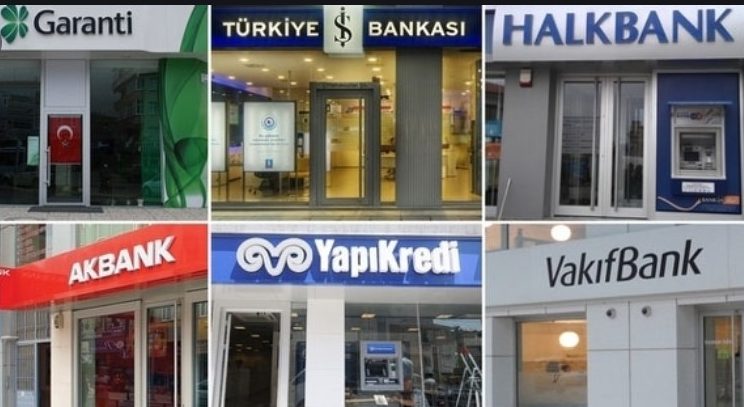Big Turkish banks have launched internal stress tests against possible market shocks due to the May elections, and they are preparing for lower profits later in the year as a flurry of previous regulations bite, four industry executives said.
The executives said the tests, conducted independently of yearly required reviews, are meant to weigh the impact of more than 100 new rules authorities have adopted since late 2021 to implement President Tayyip Erdogan’s unorthodox low interest-rate policy.
While the May 14 election outcome is hard to predict, bankers are certain that the yawning gap between high interest rates on deposits and low interest rates on loans will hit their balance sheets in the second half of the year.
That would mark a departure from last year when lenders logged record earnings largely thanks to inflation-linked bonds.
Erdogan’s unorthodox policy is aimed at boosting exports, production and economic growth by slashing interest rates and by heavily managing the credit, foreign exchange and bond markets.
But after years of soaring inflation and a series of currency crashes, the opposition bloc – which leads in recent polls – has vowed to reverse the policy and return to orthodoxy, starting with a likely interest rate hike.
Speaking on condition of anonymity to avoid any reprisals, the bankers said that even if Erdogan wins re-election he will need to adjust the economic programme since it has caused financial imbalances that have reached what one called a “tipping point”.
“The banks started to conduct stress tests against possible exchange rate, interest rate or credit shocks,” a senior executive at one large lender told Reuters.
Another executive said firms are testing balance sheets against potential market volatility and its affect on outstanding loans. “Each bank has different scenarios they test against,” the person said.
The Banks Association of Turkey did not immediately comment on whether firms were conducting stress tests. The sector’s BDDK regulator did not comment.
The presidential and parliamentary elections are Erdogan’s biggest test in his two-decade reign. Polls show his popularity squeezed by a cost-of-living crisis largely brought on by interest rate cuts that Erdogan sought despite inflation soaring to a 24-year high above 85% last year.
reuters.com
